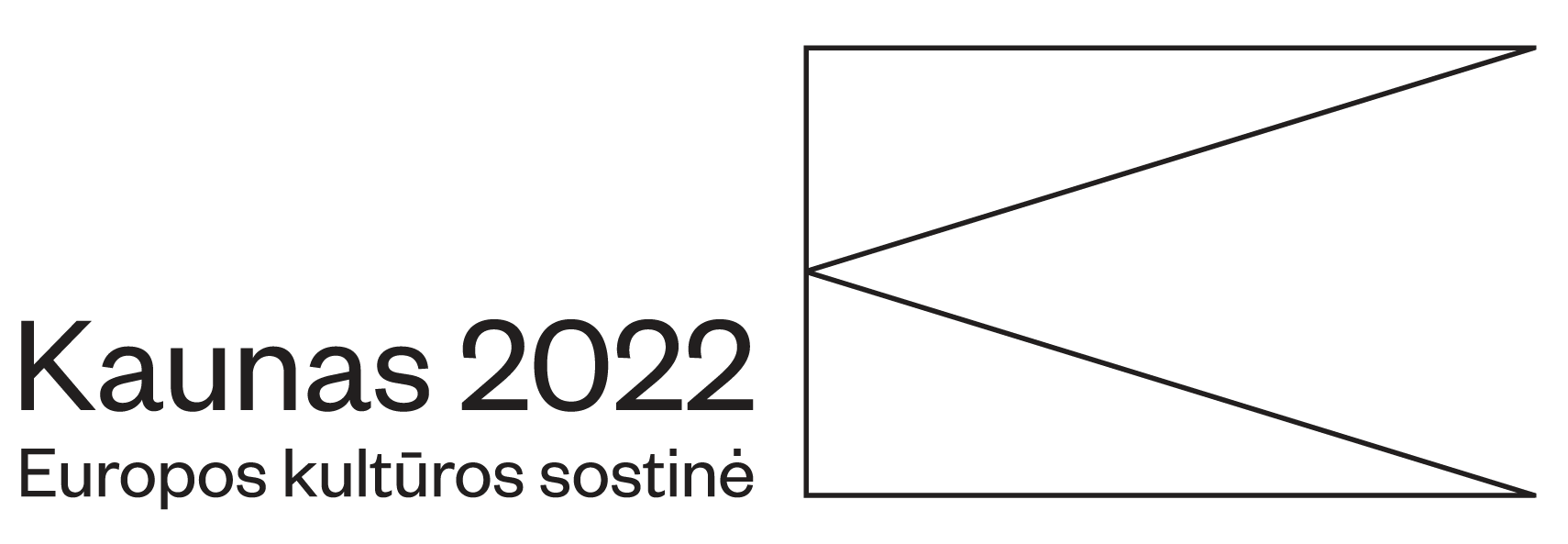Virginija Vitkienė, artistic director of Kaunas 2022 has just come back from Valletta, Malta – a city turning into the European Capital of Culture (ECC) next year. The meeting had representatives of different cities sharing their experience and looking for new ways to collaborate. We’ve talked with Virginija about the ideas and impressions she brought back from this event, also on the next steps for Kaunas 2022 and the things sunny Valletta is going to offer visitors and residents in 2018.
What would you say was the main objective of the meeting in Valletta you’ve just returned from?
Every year, two European cities become cultural capitals of the continent and have to implement the biggest cultural project by showing everyone the uniqueness of their culture, at the same time creating suitable conditions for Europeans to discuss important issues and partner up. Up until 2006, the authors of these complex projects didn’t have many chances and opportunities to discuss such projects. Initiated by a few heads of such capitals, the club to share these experiences is now active for ten years, allowing representatives of past, present and future capitals to meet and discuss specific matters. In Valletta, for instance, we’ve all decided to create a joint database for sharing any methodological information, research and relevant links. We’ve also talked about a very delicate, crucial topic of thoroughly evaluating the projects, and the people of Valletta introduced a composite method for that – the ECC bureau would only be coordinating the process while exterior partners (universities, national departments of statistics, etc.) could be taking care of the statistics, surveys and so forth. Certainly, all heads of the culture capitals believe the social changes are essential, therefore measuring these elements was given a lot of attention – we’ve heard from sociologists too. All of the other partners showed us how they measured the success and the long-term effects of their projects. Kaunas 2022 is now working on an evaluating strategy, planning to start the first research and surveys in 2018, so the meeting in Valletta was very useful.
What problems or obstacles do ECCs typically face and what individual objectives do they tend to have?
The ECC projects are about real social change, especially changing the way residents are consuming culture – the overall aim is to move from being passive and apathetic to an active collaboration, interested communities and even having resident initiate new, independent, meaningful activities. We also want to encourage the cultural sector to partner up with local and international players in the fields of business, IT, and specifically education. The biggest challenges ECC organisers face are integrating the whole cultural sector into the project, involving resident communities and implementing solid international programmes. The realistic, tangible actions of the culture and art fields are usually most evident the year before becoming the project’s capital – Kaunas still has time, yet we believe the city will require plenty of human resources to overcome the most substantial cultural challenge to date. For example, in order to establish 40 working laboratories in Kaunas and Kaunas District, we need to train around 80 people to be ready for creative placemaking. Some of those people have valuable experience in working with communities already – we’ll be the ones to learn from them too, along with their colleagues. However, those who wish to participate in this process but who don’t have any experience in incorporating communities into cultural projects will have the opportunity to take our creative workshop of six months in the Tempo Academy. This year will have us starting the workshop with a group of 25-30 people.
Is creating strong bonds in communities an important part of the ECC projects in other cities too?
Absolutely, every culture capital tries to include city residents and also communities living further away as well as younger generations – it’s basically the core of the whole programme.
What can we learn from the former culture capitals sharing their experience? Did most of those cities succeed in creating long-term value?
Returning from any trip like the one to Valletta has us bringing many ideas and great advice back – we can feel as if we’re all in this together. This time I remember many experts stating during the meeting that if we want to create long-term value, we have to structure the programme in a way that would make the cultural sector of the city and the partners implementing as many ideas of the programme as possible themselves. Some culture capitals even have a certain “exchange programme” for the employees of local institutions or municipalities – those people come to work for the ECC bureau for a part of the week. The growing competence of these employees ensures that the whole sector (including the consumers) feels the positive effects of the project after it’s over.
How is Valletta preparing for 2018? What’s the mood in the city and what can we expect?
Valletta 2018 is going to be a year-long fiesta: the city with only 6,000 permanent residents (around 30,000 work here but leave every evening) hosts around two million tourists every year. So increasing these numbers is not what Valletta is really after – instead they want to get youngsters back to the relatively expensive old town and encourage local communities to be active participants of the cultural events. The opening ceremony on the 20th of January is hoped to attract around 120,000 visitors who will become part of a moving procession, discovering new experiences at almost every corner of the city. By the way, check out the weather forecast for Valletta – the chances of you visiting it might triple.
Did you bring back some ideas or advice we could use directly for Kaunas while getting ready to become the European Capital of Culture in 2022?
Yes, we left for Valletta with an intention to come back as soon as possible and continue our work with the projects we’ve initiated in Kaunas. Actually, we’re now preparing the programme of the forum for culture capitals – the event is scheduled for May 2018, and heads of the former capitals are invited to share their experiences in implementing the most successful projects of such European partnerships. Also, we’ll be welcoming expert representatives from the European creative network to meet with the professionals working in the cultural field of Kaunas. A special session will be organised for discussing the collaboration between the cultural and business sectors. This will only be one of the events dedicated to strengthening cultural partnerships next year. The meeting in Malta was a great opportunity for us to discuss the actual role our partners will be playing in this forum.

